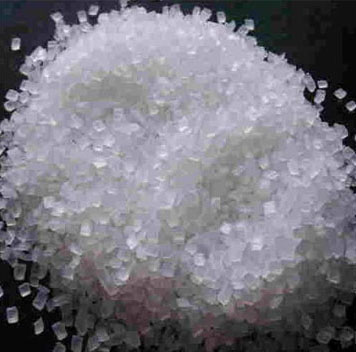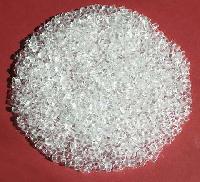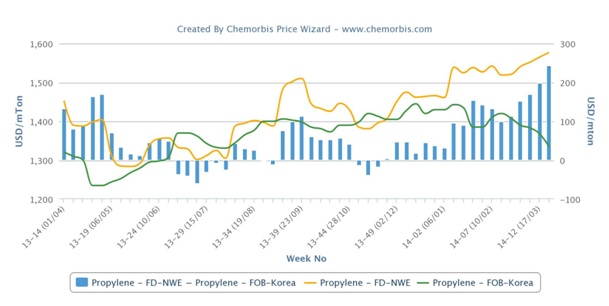An environmental group on Wednesday asked U.S. Secretary of State Hillary Clinton to deny permits for pipelines that would bring oil from Canada’s oil sands to the United States.
ForestEthics said production from Canadian oil sands, also known as tar sands, generates up to five times more greenhouse gas emissions than conventional oil. It said this conflicts with President Obama’s pledge to tackle global warming.
“Oil from the tar sands is one of the world’s dirtiest,” the group’s executive director, Todd Paglia, said in a letter to Clinton. “For the U.S., continued dependence on tar sands oil would impair plans to reduce our carbon footprint in the short and long term.”
Canada is the biggest foreign oil supplier to the United States and Canada’s oil sands are the largest crude deposits outside the Middle East.
The group urged Clinton to deny permits for pipelines that would move the oil to U.S. refineries, particularly the Alberta Clipper pipeline. The State Department has a say in pipelines that would cross the U.S. border.
Enbridge Energy Partners LP’s (EEP.N) 1,000-mile (1,610-kilometre) pipeline would be able to carry 450,000 barrels of tar sands crude oil a day from Alberta, Canada to Superior, Wisconsin. The oil would then be sent to U.S. refineries to be processed into petroleum products such as gasoline and diesel fuel.
The U.S. portion would be 326 miles long and cost $1.2 billion. If approved, it would be operational in mid 2010.
Enbridge spokeswoman Denise Hamsher said the State Department’s decision is based on a pipeline, not on oil production that occurs in Canada where it does not have jurisdiction.
“What would the Midwest do without that supply?” asked Hamsher, who pointed out that 1 million barrels a day in Canadian sands oil is already exported to the United States.
State Department spokesman Andrew Laine said the Alberta Clipper pipeline project was under review “and it is premature to comment while the review process is ongoing.”
U.S. Energy Secretary Steven Chu said this month that technology will help solve the environmental problems connected with Canada’s oil sands production. But ForestEthics said technology will not be able to overcome human health hazards associated with oil sands production.
“In Alberta, where most of the Canadian tar sands operations are currently located, there are elevated rates of cancer in downstream communities,” the group said.
Travis Davies, spokesman for the Canadian Association of Petroleum Producers, said studies have not cited a link between oil sands and cancer in nearby communities.
Davies acknowledged that oil sands production causes higher greenhouse gas emissions, but not at the rate five times higher claimed by ForestEthics.
He said the full life-cycle emissions from oil sands — production, transport, refining and end use — is only 5 to 15 percent more than oil imported from Saudi Arabia and about equal to oil from Venezuela, Mexico, Nigeria and even California.
Still, ForestEthics protested outside the State Department on Wednesday by giving passersby the chance to smell glass vials of the tar sands that are labeled “dirty oil by any other name would be as risky.”
The group joined with the Sierra Club to raise their concerns about Canadian tar sands to U.S. lawmakers by taking out a full-page ad in a prominent Capitol Hill newspaper.
The political-based cartoon shows a young girl worried about a huge pipeline, labeled “World’s Dirtiest Oil” at the U.S.-Canadian border, and asking Secretary Clinton: “Is this my clean energy future?” The ad can be seen at the group’s website www.ForestEthics.org.
“Secretary Clinton now has an opportunity to show that America is a global leader in the clean energy economy. It’s simply not in our national interest to allow this project to move forward,” said Sierra Club executive director Carl Pope.
Source: news.chemnet.com







